India is famously known as pharmacy of the world and undoubtedly is medicine superpower in the world. In these tough times of Covid-19 India has been emerged as “Vishwaguru” and “Dhanvantri” of the world. India believes in “sarve santu niramaya” philosophy. India has gained huge diplomatic credit using generic medicines as a diplomatic weapon in its foreign policy. India has proven its metal in the whole of universe. Institutions like UN, WHO and World leaders have expressed their gratitude toward India for helping selflessly with its supplying essential medicines, medical equipments and most importantly vaccines to all over the world to fight this pandemic. India share in producing medicines is 20% and 61% in vaccines. It is impossible to imagine smooth functioning of organisations like WHO, MSF (Medicine sans frontiers) etc. without Indian generic medicines and vaccines. It’s a hard truth that UN’s millennium goal of UHC (Universal Health Coverage) can’t be achieved without India. Ongoing war against pandemic Covid-19 cannot be won without India.
There is famous saying in hindi “diye tale andhera” which means
“Just below the lantern lie the darkness”. Access to essential affordable medicines to common man in India is still a distant dream. Out of pocket expenditure is way too high in India than global average. India needs to increase its health expenditure. Ironically India exports generic medicines of about thousands of crores to countries where provisions have been made to make full use of generic medicines to decrease the burden of healthcare expenses on public and save a big pie from health budget. Indian government has also realized this fact and working in this direction. Medical-Pharma nexus, polypharmacy, poor generic substitution, less awareness about generic medicines, delay in long awaited pharma reforms, poor public sector healthcare infrastructure, poor spending on healthcare etc. are the major challenges which need serious attention to improve access to millions of people of India. Schemes like Ayushman Bharat Yojna, Jana Aushadhi Kendras, enlargement of NLEM (National List Of Essential Medicines), revised Drug policy and IPR policy, compulsory and voluntary licensing(Judicial activism), exploiting TRIPS(Trade Related Intellectual Property Rights) flexibilities etc. are silver lining in the dark cloud. An honest effort has been made to throw light over these issues in this book.
Success stories like Indian pharma giant CIPLA’s role in eradication of AIDS, LOCOST Pharma’s successful alternate business model, PPP (Public Private Partnership) model in delivering health technologies, MSF (Medicine sans frontiers) also known as doctors- without-borders, MPP (Medicines patent pool) it’s innovative funding, Philanthropic approach of business leaders like Bill Gates, Warren Buffet, Tata Sons, Azim Premji etc. towards strengthening health infrastructure in countries like India etc. are overwhelming. These stories are also depicted in this book.
Survey based research activity was performed during 2014-2016 in the region of central Gujarat region as a part of doctoral research. These surveys’ particulars and most importantly its findings have been included in the book.

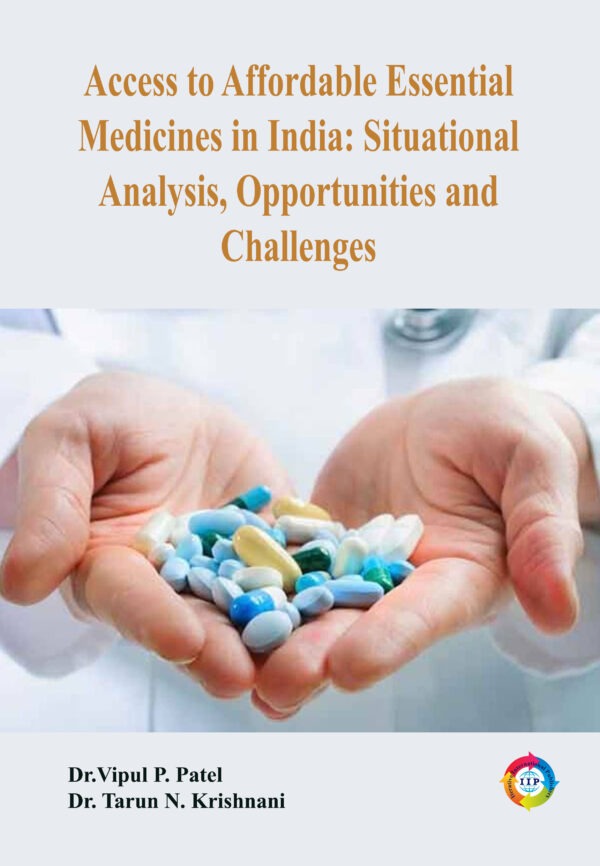
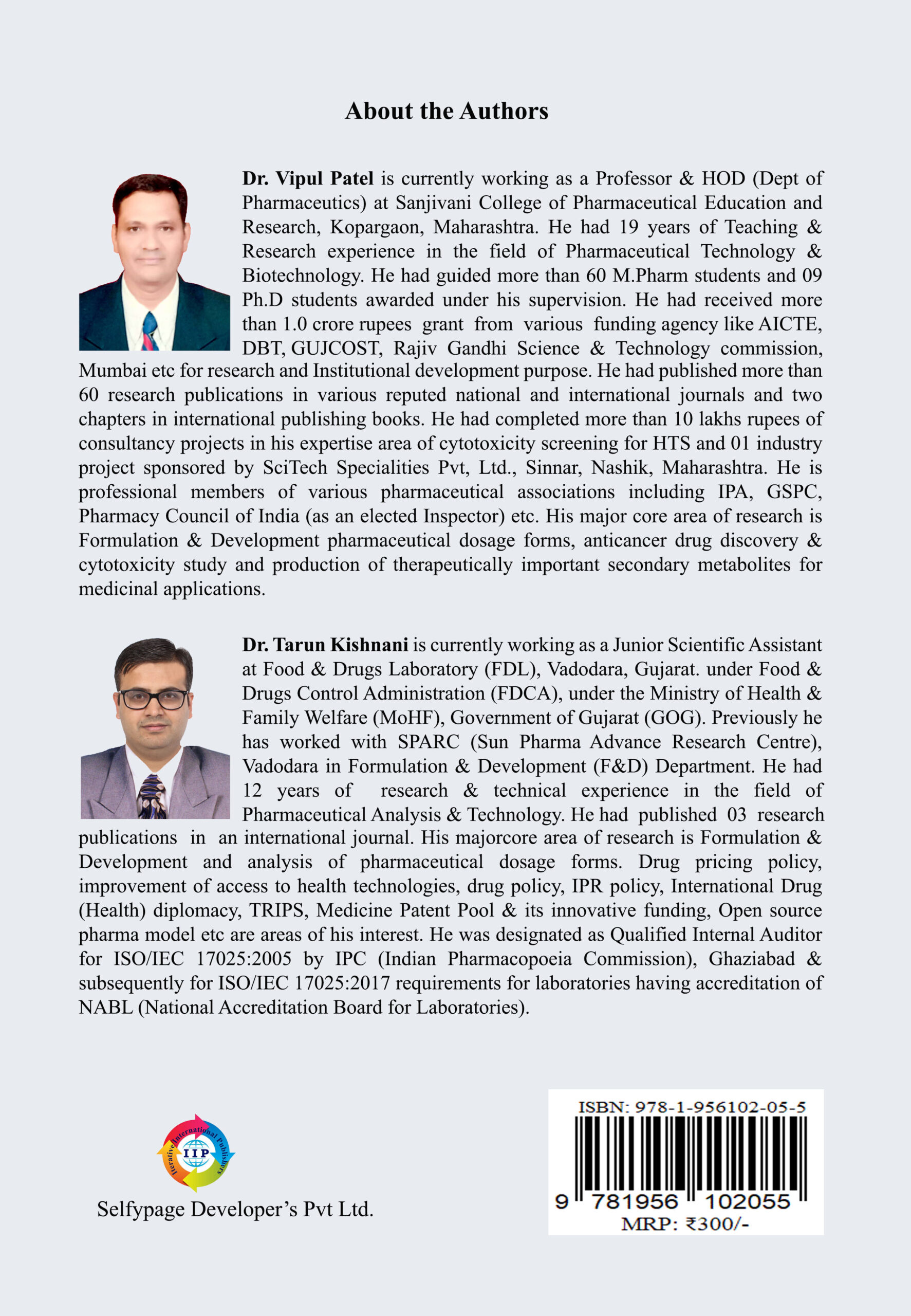
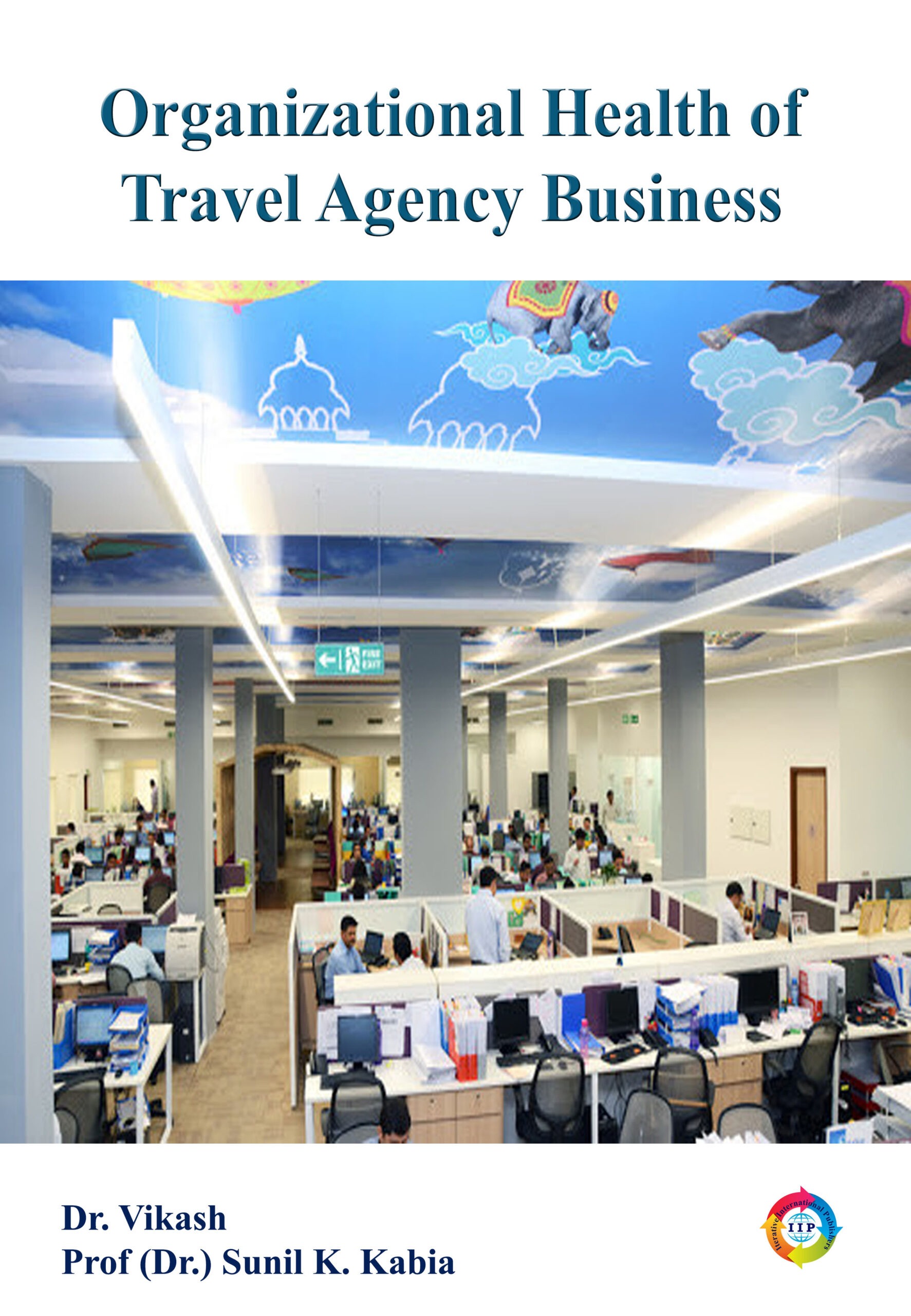
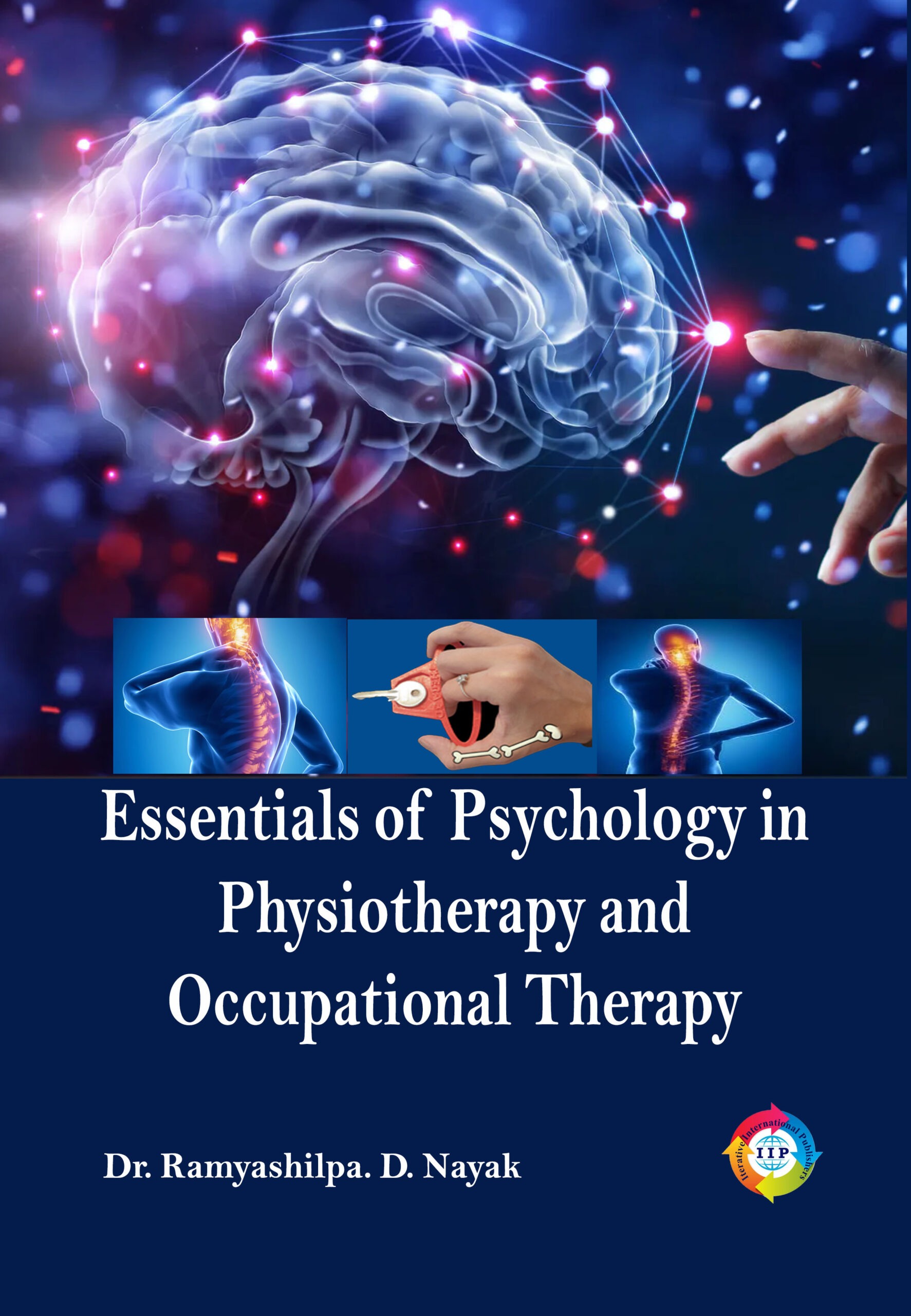

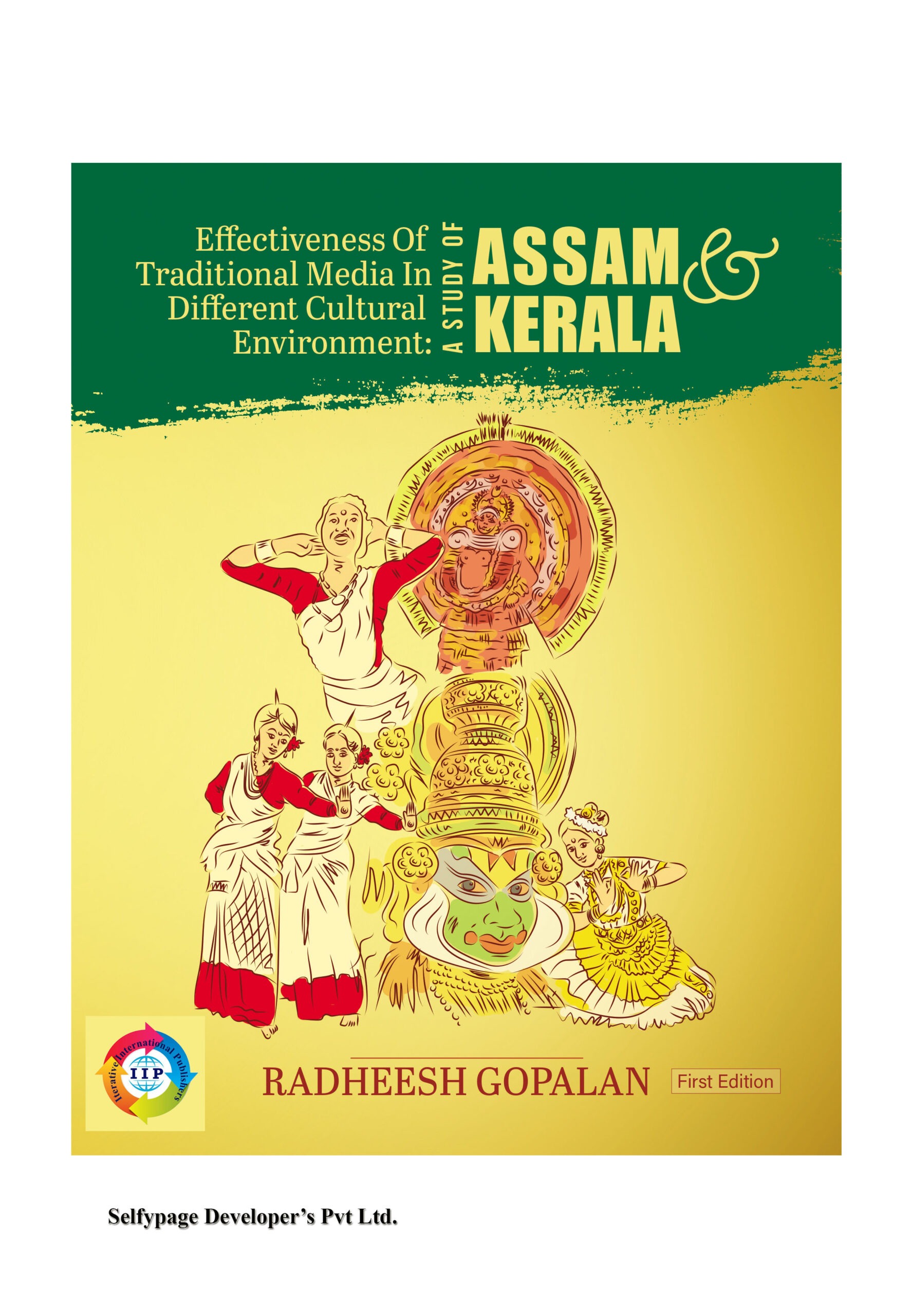
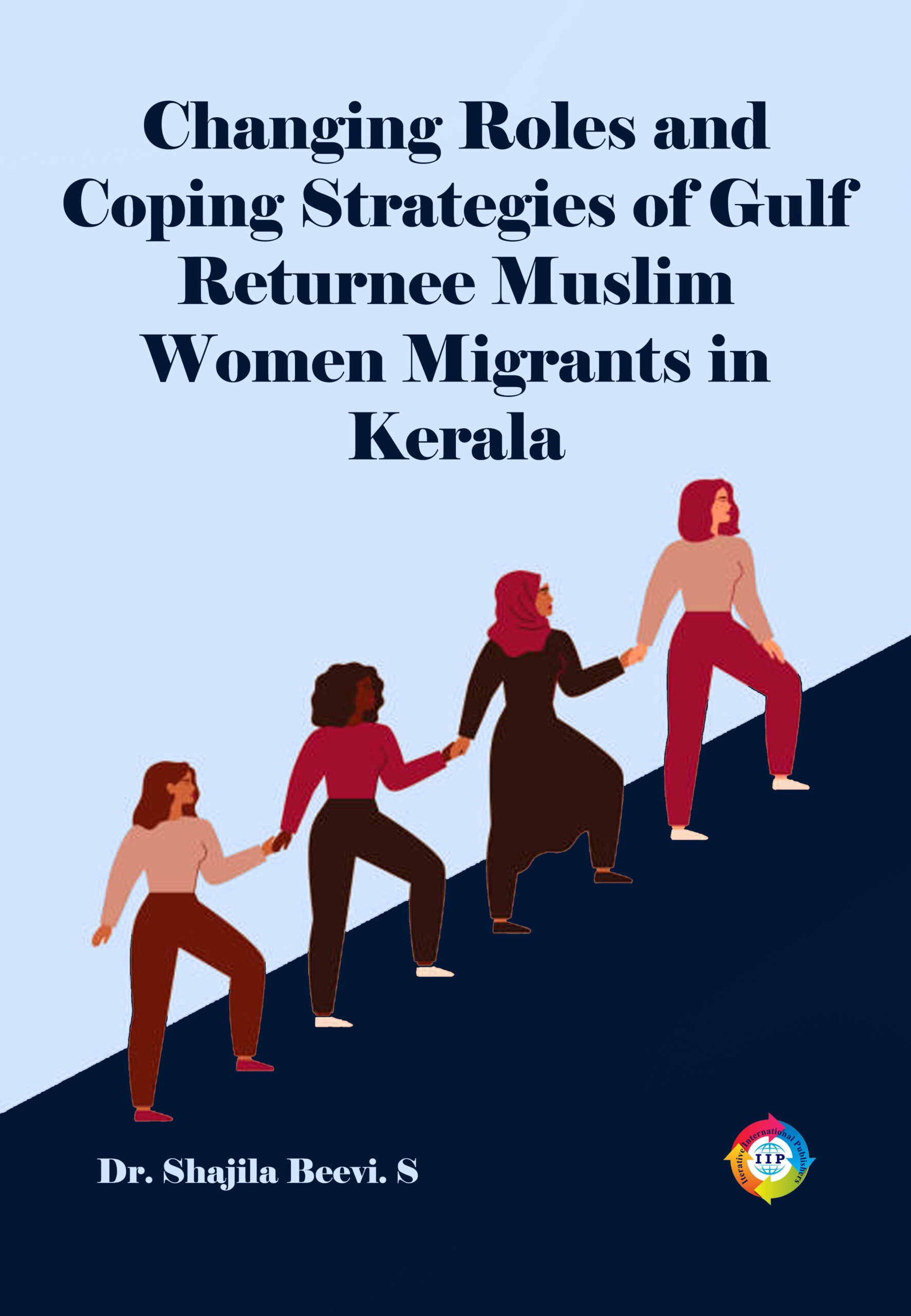

Reviews
There are no reviews yet.